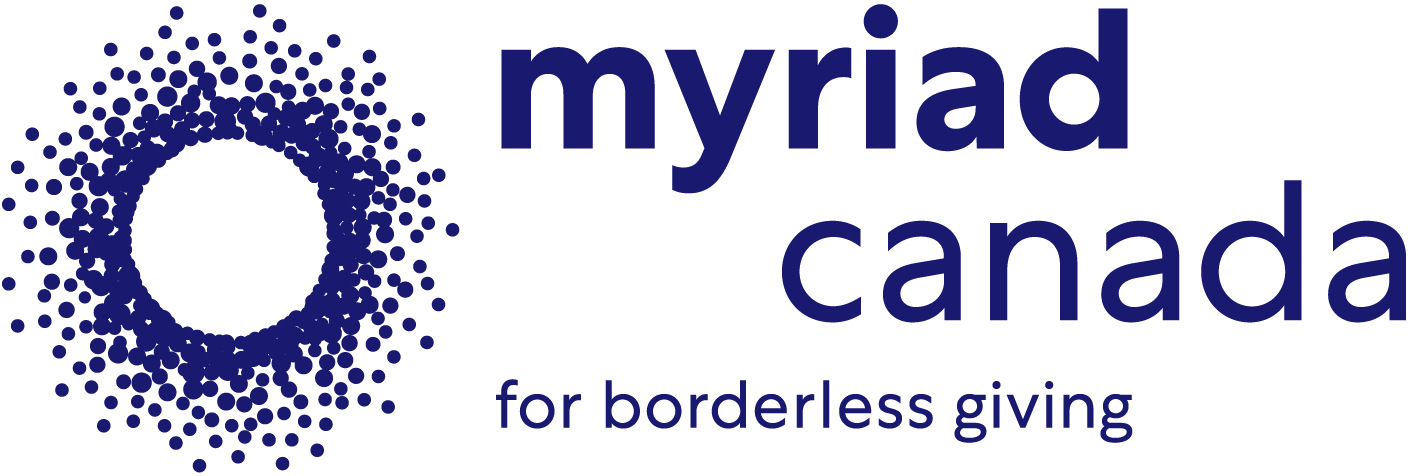D604 - Mental Health Therapy for Frontline Journalists in Conflict Zones
Registered Name: Myriad Canada Foundation
Business No: 769784893RR0001
This organization is designated by Canada Revenue Agency (CRA) as a registered charity. They comply with the CRA's requirements and have been issued a charitable registration number.
This charity is fully set up with CanadaHelps, allowing for faster donation processing and access to more features
In May 1999, a middle aged woman who was having difficulty speaking and seemingly drifting in and out of consciousness was referred to Dr. Anthony Feinstein’s neuropsychiatry service at Sunnybrook Health Sciences Centre, one of the University of Toronto’s academic teaching hospitals. While it was initially believed she had experienced a stroke, it became clear her presentation was an unusual and extreme manifestation of stress. With support and psychotherapy she made a full recovery, and once her speech had returned, Dr. Feinstein learned she was a frontline journalist who had been covering a famine in East Africa where she had been witness to death and suffering on a biblical scale. When her cameraman was killed in a famine-related riot, she resorted to alcohol to steady her nerves. On her return to Canada, the symptoms that brought her into hospital began.
Dr. Feinstein began to realize that many journalists covering conflicts hide any need for psychological help for fear of compromising their careers. As his patient confided: “The first sign of a weakness like this and you will never be sent out into the field again. I love my work and did not want to sacrifice my career.”
Surprised by this reportedly punitive culture within her profession, Dr. Feinstein decided to explore the psychiatric literature devoted to journalists, war and emotional health. To his amazement, he was unable to find a single publication. Despite a vast body of work devoted to emotional trauma in soldiers, firefighters, police, and victims of rape, assault and motor vehicle accidents, researchers had never looked at war and conflict journalists. Thus began Dr. Feinstein’s 20+ years of research devoted to studying the emotional health of journalists who define their careers by their work in war zones.
What he discovered was that no matter the geographical location of conflict, journalists who report it are in grave physical danger and by extension, at high risk for conditions like PTSD (post-traumatic stress disorder).
Many Western news organizations now recognize the importance of keeping their journalists not only physically safe, but emotionally well too. However, in news outlets in many other parts of the world, the subject of mental health in journalists is seldom, if ever, discussed. Assistance is simply not provided to journalists who are being asked to undertake important but extremely hazardous work. Moreover, should these local journalists look beyond their organizations for therapy, they often find they cannot afford it. This failure to provide assistance takes on even greater urgency given the reluctance of Western news outlets to send their journalists to places like Syria, Iraq and Afghanistan for fear of kidnapping. Instead, they increasingly rely on local and freelance journalists to gather the news.
Why is this topic important? In a global economy and a world that is increasingly interconnected via social media, we cannot ignore events far from our shores that have the potential to affect us all. If we want to understand why men willingly fly planes into skyscrapers in the midst of a great city, we need to know what is going on globally. Journalists keep us informed - but good journalism depends on healthy journalists. While trauma, stress, depression, substance abuse and PTSD can severely impede one’s ability to properly function, these conditions are treatable. What is clear is that there a great unmet need: mental health therapy for these brave men and women.
Goals
The goal of the project is to provide short-term psychotherapy for journalists who work or live and work in zones of conflict and empower them to manage their future mental health needs.

